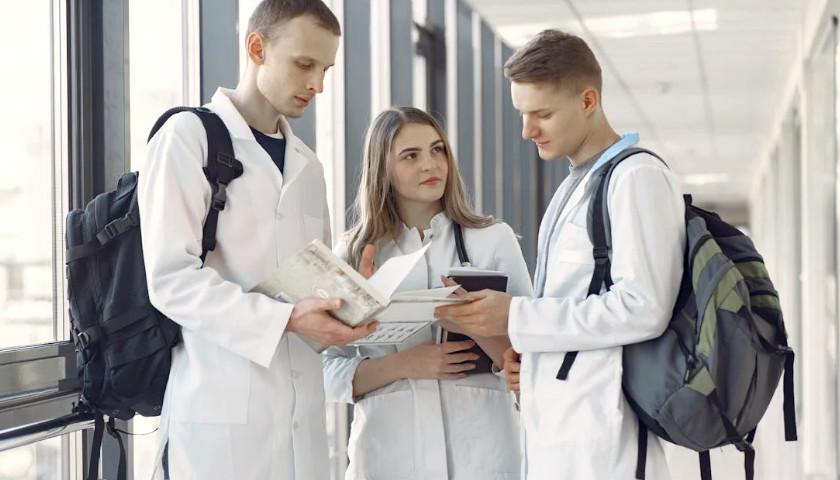The Virginia Senate unanimously passed on Tuesday a bill that would ban colleges and universities in the state from giving preferential treatment or consideration to legacy admissions, which are typically the family members of graduates.
Passed with 39 votes in favor and one senator not voting, the summary for SB 46 reveals the lawmakers voted to prohibit “any public institution of higher education from providing any manner of preferential treatment in the admissions decision to any student application on the basis of such student’s legacy status,” which the bill defines as those students with a familial connection to either an alumnus or a donor.
An identical bill was already filed in the Virginia House of Delegates by Delegate Dan Helmer (D-Fairfax) in December 2023. That bill was approved by a subcommittee on Monday, and will next receive a full vote in the House of Delegates.
State Senator Schuyler VanValkenburg (D-Henrico), who introduced the SB 46, reportedly said in a press conference before the vote that Democrats expected bipartisan support for the legislation because the bill is “about fairness” and “higher ed being available to everybody.” He later added Republican lawmakers recognize “it’s the right thing to do.”
While Schuyler insisted the motivation for the legislation is fairness, a number of Diversity, Equity and Inclusion (DEI) proponents identified the elimination of legacy admissions as a possible strategy to increase diversity in higher education after the Supreme Court ruled against affirmative action practices last year.
Insight Into Diversity posited last September that ending legacy admissions would be “a major step toward more equitable admissions policies following the” Supreme Court’s decision, while Inside Higher Ed called legacy admissions practices “affirmative action for the rich.”
The Department of Education opened a federal civil rights investigation into the legacy admissions practices of Harvard University last July, about one month after the ruling that banned the university’s affirmative action practices following an official complaint about the policy filed by the Chica Project, the African Community Economic Development of New England, and the Greater Boston Network.
Experts have identified other potential methods educational institutions may use to increase diversity or bypass the Supreme Court’s ban on affirmative action practices. Some universities may require prospective students to write essays explaining “how race affected the applicant’s life,’ which is allowed by the Supreme Court. Others have warned colleges could end standardized testing for new students.
– – –
Tom Pappert is the lead reporter for The Tennessee Star, and also reports for The Georgia Star News, The Virginia Star, and The Arizona Sun Times. Follow Tom on X/Twitter. Email tips to [email protected].





